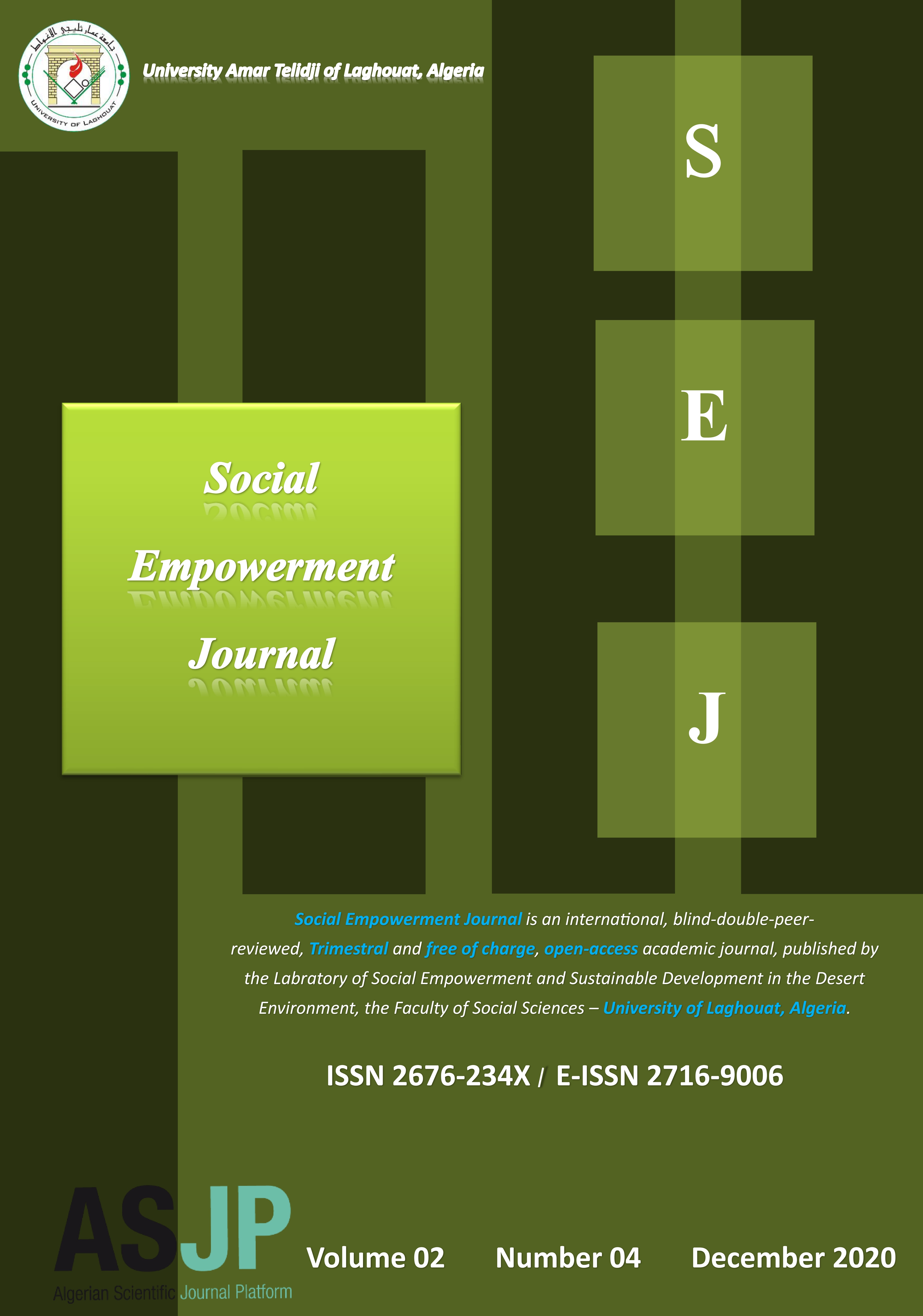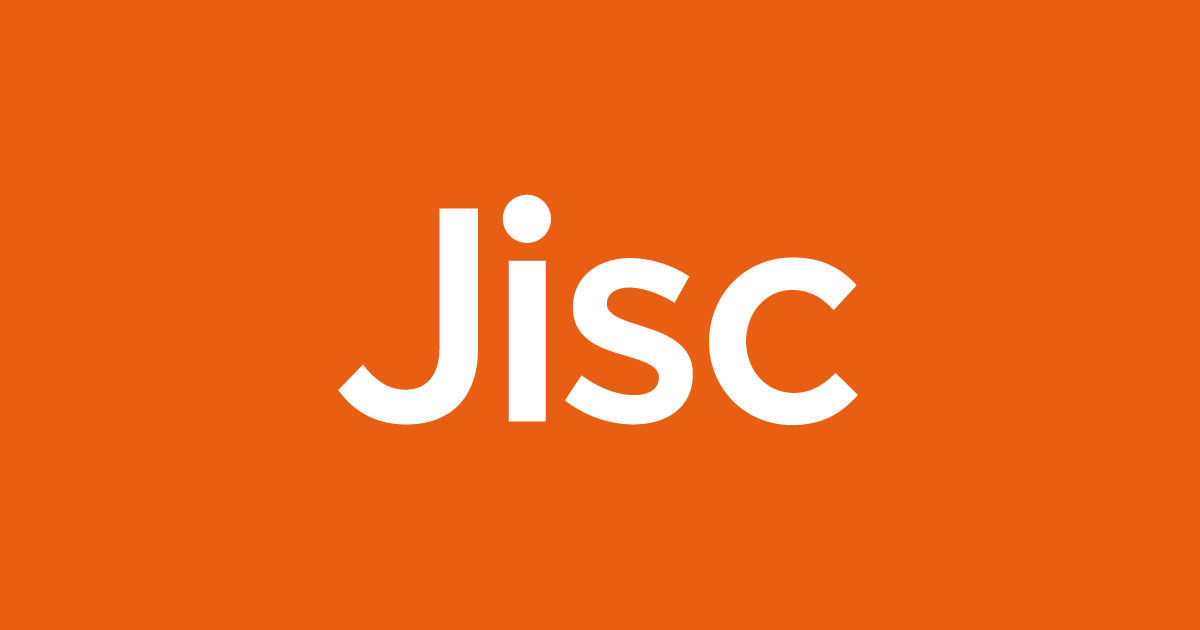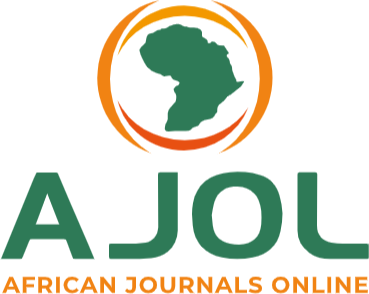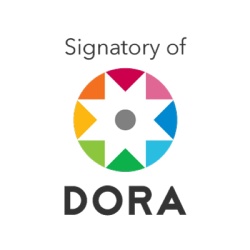The role of the religious establishment as a social control tool
دور المؤسسة الدينية كأداة ضبط اجتماعي
Abstract
The religious institution is an organizational body that represents a social spectrum similar to the other institutions. It is based on a set of laws and recommendations which seek altogether to serve society mainly in the religious field. The important role of this latter is embodied in the social, educational, and cultural constructions beside many other services offered to its citizens using different ways and tools to realize its target in the best version. All those efforts and roles of the religious institution are manifested in the mosque. It represents one of the most important pillars in Muslim societies that possess altogether religious, civilizational, spiritual, and social dimensions. The mosque has always played different roles in various fields as mentioned above .The Imam or the scholar has always played a major role in teaching, preaching, and orienting people; therefore, he has contributed in the process of social change using the religious discourse as an important tool in reaching the target. In my research paper, I am going to answer the following questions: what is the social role of the religious institution? How can we enlighten the religious discourse in mosques to make it an efficient social tool?
Downloads
References
- Arabic references in English:
Tawati, I. (2003). Al-Mubsat fi Al-Fiqh Al-Maliki bil-Adillah. Matba'at Al-Funun Al-Bayaniyya, Algeria.
Ibn Faris, A. (1986). Majma' Al-Lughah. Dar Al-Risalah, Beirut.
Ibn Kathir. (W D). Tafsir, part 6. Dar Al-Andalus, Beirut.
Ibn Manzur. (W D). Lisan Al-Arab, volume 01. Dar Al-Ma'arif, Beirut.
Abu Al-Atayya, A., et al. (2008). Developing Religious Discourse as One of the Contemporary Educational Challenges. Conference on Islam and Contemporary Challenges.
Saeed, I. A. (2013). Al-Asul Al-Ijtima'iyya lil-Tarbiya, volume 01. Dar Al-Salam for Printing, Publishing, Distribution, and Translation, Egypt.
Al-Hujailan, A. A. (2002). Khutbat Al-Jum'a wa Ahkamaha Al-Fiqhiyya, volume 01. Research Centre for Islamic Studies, Ministry of Islamic Affairs, Endowments, Da'wah, and Guidance.
Al-Saffar, H. (2005). Al-Khitab Al-Islami wa Huquq Al-Insan, volume 01. Al-Markaz Al-Thaqafi Al-Arabi, Marocco.
Al-Tayyar, A. A. (2005). Ta'wil Al-Khitab Al-Dini fi Al-Fikr Al-Hadathi Al-Jadid. No. 22. Vol. 3. Hauliyat Kulliyat Asul Al-Din, Cairo.
Al-Tayyar, A. A. (2005). Interpreting Religious Discourse in Modernist Thought, No. 22. Vol. 3. Halayat Kulliyat Asul Al-Din, Cairo.
Al-Omari, M. (2008). The Current Status of Mosque Discourse and National Religious Authority. Mosque Message, No. 1. Algeria: Ministry of Religious Affairs and Endowments.
Al-Fatlawi, A. (2012). A Treatise on the Art of Public Speaking, Dialogue, and Debate, 2nd ed. Department of Islamic Studies and Research, Iraq.
Al-Qahtani, S. B. A. (W D). Friday Prayer. Salat Al-Mu'min Series, No. 14. Sefir Printing Press, Riyadh.
Al-Waify, S. (2010). The Role of Official Religious Institutions in Social Change. [Master's Thesis in the Sociology of Religion, University of El Hadj Lakhdar Batna].
Bou Saada, R. (2007). The Imam and the Mosque Between Religion and Politics. [Doctoral Thesis in Sociology, University of Algiers].
Bouqalloula, A. (2007). Religious Discourse and its Teleological Dimensions. Mosque Message, Year 5, No. 1. Algeria: Ministry of Religious Affairs and Endowments.
Hassan, M. H. (2007). Renewal of Religion. Research submitted for the Naif Bin Abdulaziz Prize.
Rakan, A. K. H. (W D). Persuasion Engineering in Human Communication. Jeddah Publishing House, Saudi Arabia.
Mahfouz, A. (1984). The Art of Oratory and Preparing the Orator. Dar Al-Nasr for Islamic Printing, Beirut.
Shalabi, A. A. (1978). Oratory and the Preparation of the Orator, 3rd ed. Dar Al-Shorouk, Cairo.
Nashir Al-Na'am, M. A. (2003). Friday Sermon Between Reality and Ideal. Mosque Message, No. 2. Year 1. Algeria: Ministry of Religious Affairs and Endowments.
Nassib, M. (W D). Aspects of Science and the Qur'an in Algeria. Dar Al-Fikr, Algeria.
Official Gazette. (Issued by the Algerian Republic). No. 58. Year 50. Monday, 14th Muharram 1435 corresponding to 18th November 2013.
Sara, Muhammad al-Khattab. (2013). Social control in Iraq before and after 2003, the civilized dialogue, issue: 4011, pp. 23-42, date of redemption: 05/11/2020, from: https://www.ahewar.org/debat/show.art.asp?aid=346830
Alla, Naji. (2017). The religious institution and its role in promoting civic education, redemption date: 05/11/2020, from: https://annabaa.org/arabic/studies/13621
Wikipedia. (2018). Ministry of Religious Affairs and endowments (Algeria), redemption date: 05/11/2020, from: https://n9.cl/g7pevh
The World Forum of mediocrity. (2016). Religious discourse in light of contemporary challenges, redemption date: 05/11/2020, from: https://www.wasatyea.net/en/node/5175
The Supreme Islamic Council. (2019). Introduction to the council, refund date: 05/11/2020, from: https://n9.cl/8dsmp

This work is licensed under a Creative Commons Attribution-NonCommercial 4.0 International License.





















